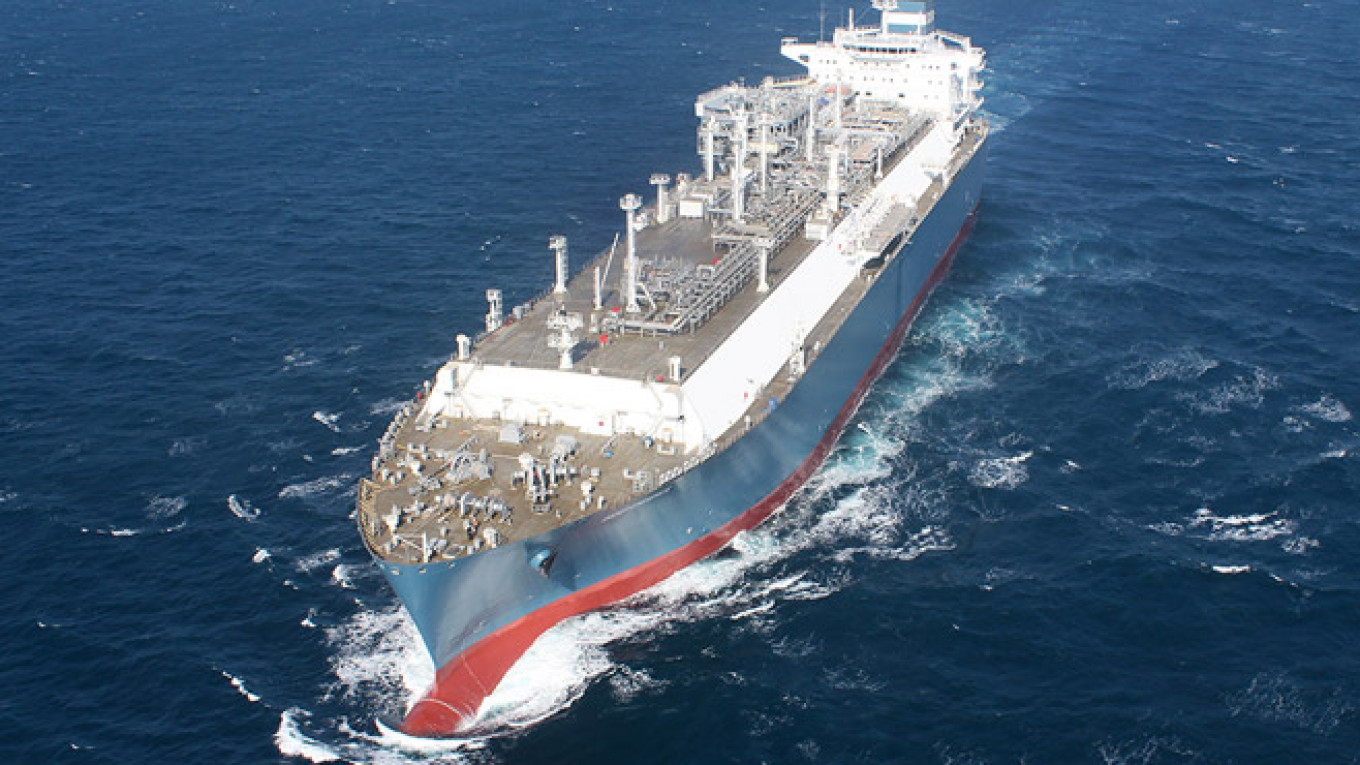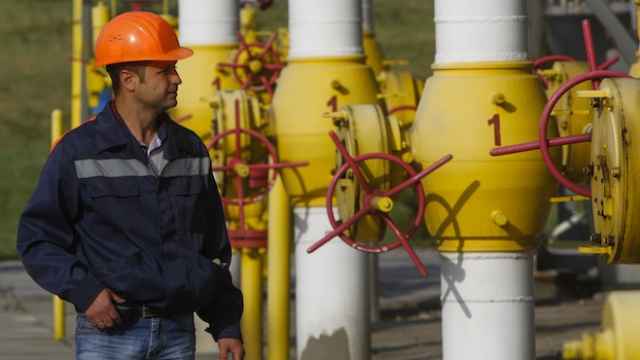With the docking of a liquified natural gas (LNG) ship in port on Monday, Lithuania moved closer to curbing its dependence on gas from Russia.
The Independence, a South Korean-made LNG storage and regasification ship leased by Lithuania from Norway's Hoegh LNG Holdings, could replace all of Russia's annual 2.7 billion cubic meters of gas supplies to the country, Bloomberg reported Monday.
Russia's state gas exporter Gazprom was until recently Lithuania's sole natural gas supplier. Despite being on Russia's border, the former Soviet republic of Lithuania has complained that it pays the highest price for the fuel among the European Union's 28 member states.
Lithuania won a 20 percent discount on the $488 per 1,000 cubic meters it paid for gas, but it was still beholden to Russia as its only supplier. The new LNG capacity gives Lithuania more wiggle room in negotiations. Lithuania is also seeking around $1.6 billion from Gazprom for overcharging for gas between 2004 and 2012 in the Stockholm arbitration court.
The average price paid for Russian gas in the EU is $385.
Running at full-capacity of almost 4 billion cubic meters, the floating LNG terminal could potentially cover 80 percent of demand of the entire Baltic region. The other Baltics, Latvia and Estonia, are also fully dependent on Russian gas supplies.
But using LNG is not without drawbacks. So far, only Norway's Statoil has offered to supply Lithuania with LNG at the price "in the same range as Gazprom's exports to Lithuania after this year's price reduction," Bloomberg cited Lithuania's energy minister Rokas Masiulis as saying. And that will only cover the terminal's minimum operation levels.
The first independent gas delivery to Lithuania is scheduled to arrive on Tuesday.
A Message from The Moscow Times:
Dear readers,
We are facing unprecedented challenges. Russia's Prosecutor General's Office has designated The Moscow Times as an "undesirable" organization, criminalizing our work and putting our staff at risk of prosecution. This follows our earlier unjust labeling as a "foreign agent."
These actions are direct attempts to silence independent journalism in Russia. The authorities claim our work "discredits the decisions of the Russian leadership." We see things differently: we strive to provide accurate, unbiased reporting on Russia.
We, the journalists of The Moscow Times, refuse to be silenced. But to continue our work, we need your help.
Your support, no matter how small, makes a world of difference. If you can, please support us monthly starting from just $2. It's quick to set up, and every contribution makes a significant impact.
By supporting The Moscow Times, you're defending open, independent journalism in the face of repression. Thank you for standing with us.
Remind me later.






